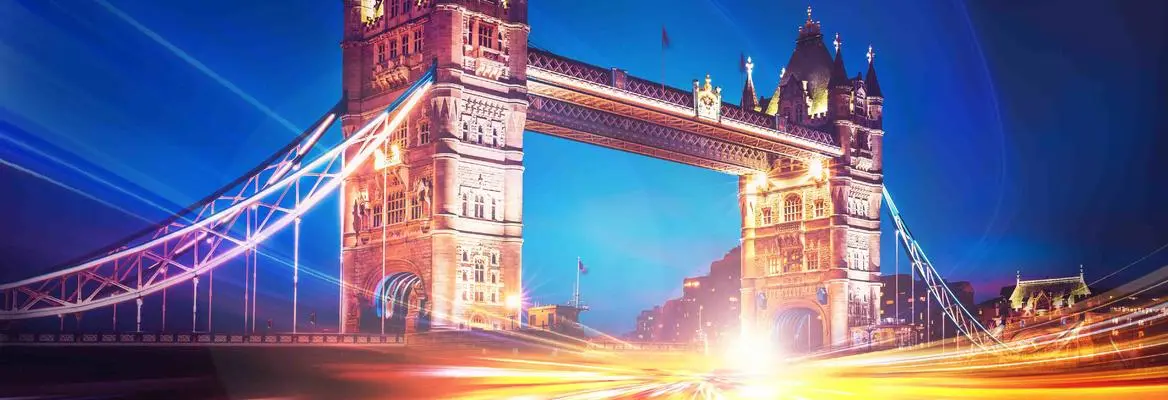As we live through seemingly endless Covid-19 restrictions, the hubris of the British government in the Spring of 2020 looks increasingly bizarre. Prime Minister Johnson claimed that the British were exceptionally able in the face of adversity. But this was simply a case of hypocrisy argue Lisa Bortolotti and Kathleen Murphy-Hollies.
In February 2020, Prime Minister Boris Johnson argued that some governments in the world had to stand by freedom of exchange, contrasting the ‘irrational’ panic caused by Coronavirus. In his speech, he compared the UK to Superman: “humanity needs some government somewhere that is willing at least to make the case powerfully for freedom of exchange, some country ready to take off its Clark Kent spectacles and leap into the phone booth and emerge with its cloak flowing as the supercharged champion, of the right of the populations of the earth to buy and sell freely among each other”(1).[1] Prior to the announcement of a lockdown in March 2020, Johnson had also suggested that British people loved freedom too much to tolerate restrictions to their movement and so the lockdown measures adopted by other countries to contain Coronavirus could not be implemented (2).
At the root of these statements is a form of exceptionalism, the conviction that one’s country is better than other countries, and because of that superiority, it is allowed to behave in different ways. Boris Johnson’s statement in February relied on the assumption that things could not be as bad as forecasted by epidemiologists, and that the country he was leading, different from many other countries around the world, had the means to address the impending crisis without imposing restrictions. Arguably exceptionalism (whether justified or not) did cost people’s lives. Indeed, the statistics on the first wave of COVID-19 show that the number of deaths in England and Wales was among the highest in Europe (3).[3]
Arguably exceptionalism (whether justified or not) did cost people’s lives.
So, why did Johnson believe that the crisis other countries had to contend with could be managed successfully by the UK? Why did he think that the sacrifices to the economy that were necessary elsewhere would not be required? When we are thinking about what leaders say, we might be tempted to see their reassurances as a form of propaganda. Although they might realise how serious the threat is, due to the information and expert advice available to them, they must reason that a show of strength would win them the support of their citizens better than an admission of the difficulties to follow.
But an alternative explanation is that no deception is involved. Political leaders who gave in to exceptionalism might have been vulnerable to a form of hypocrisy. We are hypocritical when we endorse some general principle and expect others to conform to it but do not conform to it ourselves, often because we consider our situation as an exception to the rule. A mother might tell her children not to spend too much time gaming online because it can become addictive, and then spend hours on gaming herself—thinking “It is different for me, because I know when to stop.” World leaders must have realised that the threat of COVID-19 infection was real, and yet concluded that what had happened in other countries could not happen at home for some reason, due to some intrinsic feature of their country.



















Join the conversation